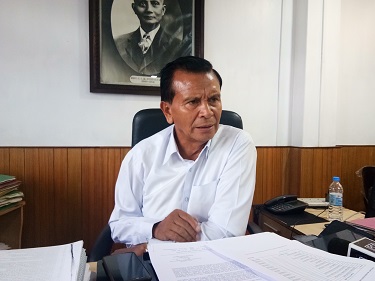 SHILLONG, AUG 28: KHADC chief Hispreaching Son Shylla today said HIV/AIDS infection is a threat that will put the indigenous community at a very serious risk of epidemic even as he urged the state government to tackle the issue on a war footing.
SHILLONG, AUG 28: KHADC chief Hispreaching Son Shylla today said HIV/AIDS infection is a threat that will put the indigenous community at a very serious risk of epidemic even as he urged the state government to tackle the issue on a war footing.
“For a minority people, I feel that the HIV/AIDS infection is a threat that will put our small tribe at very serious risk of epidemic infection especially amongst our youth. It is time we wake up to the danger as a society extending help and sympathy to the victims,” he said.
Shylla also told reporters on Tuesday that the Khasi Hills Autonomous District Council (KHADC) is also contemplating to come up with a fund to help victims of HIV/AIDS especially those belonging to poor families.
“I call on my fellow MDCs along with myself to create and generously donate to a fund to help such victims,” he said.
His statement came as a reaction to the criticisms from several quarters that the KHAD (Khasi Social Custom of Lineage) Bill, 2018 will also be one of the ways to prevent the indigenous people from becoming vulnerable to the disease.
“Therefore, when I have expressed my serious concern and shock at the situation then how have I done any wrong,” Shylla asked.
The KHADC chief went on to quote reports regarding the emergence of three north eastern states including Meghalaya as the new HIV hot spots.
“The said report was based on the answers provided by the Ministry of Health and Family Welfare to Parliament entitled – Health Ministry attributes rise of incidence in Meghalaya, Mizoram and Tripura to injecting durg users and unsafe sexual practices,” he said.
Stating that this is shocking and alarming news, he said the first case of HIV infected person in Meghalaya was in 1991 adding by 2007 the statistics showed 14 persons were detected with HIV/AIDS.
Also claiming that such infection was never there in the state and amongst (indigenous) people, Shylla while alleging that the infection had been brought from outside, said, “I am sympathetic about the plight of people infected because they are also victims.”
He said that the National AIDS Control Organization (NACO) through its Targeted Intervention Project has categorized the following as high rank groups with the highest risk of infection and spreading the HIV/AIDS infection which include injecting drug users, female sex workers with migrant labourers and truckers as the bridge population.
According to him, the source of the infection especially in Jaintia Hills can be at the initial stages traced to the bridge population and today Jaintia Hills has the highest number of infected persons.
“My public statement was made due to my sympathetic consideration of the victims who invariably are unaware of the dangers so that they can avail of all help and support and to warn our minority Khasi Jaintia people so that we can take preventive measures on a scale of a social movement to create awareness as well as kickstart the Meghalaya government to tackle this issue on a war footing. This is very important considering the concern of NACO at the present situation in the state,” Shylla said.
The chief executive member further stated that the state of affairs can be judged from the directions of the Union Ministry of Health, the governor and project director of the Meghalaya AIDS Control Society (MACS) that screening and testing of pregnant mothers should be mandatory.
He however lamented that the staffs of health centres have been trained but screening and testing in majority of health centres has not started.
Shylla also said that from reliable sources he has also come to know that the anti retroviral therapy drug (Nevirapine syrup) which is to be administered to HIV positive mothers and their babies in stock with the health department will expire by the end of August adding even in NEIGHRIMS the stocks are exhausted.
“This is alarming when 20 expectant mothers who will give birth between August end and October this year are HIV positive,” he said.
Asked, the KHADC chief also maintained that the intention of the Council by bringing up the amendment bill is not to generate hatred as alleged but to create awareness among the people on the issue.
By Our Reporter






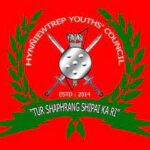




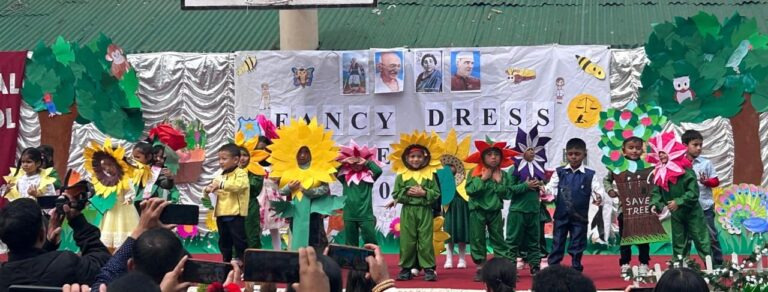
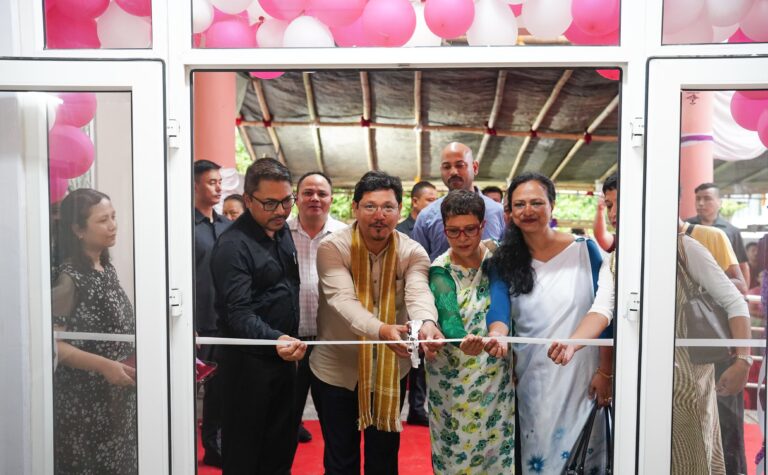
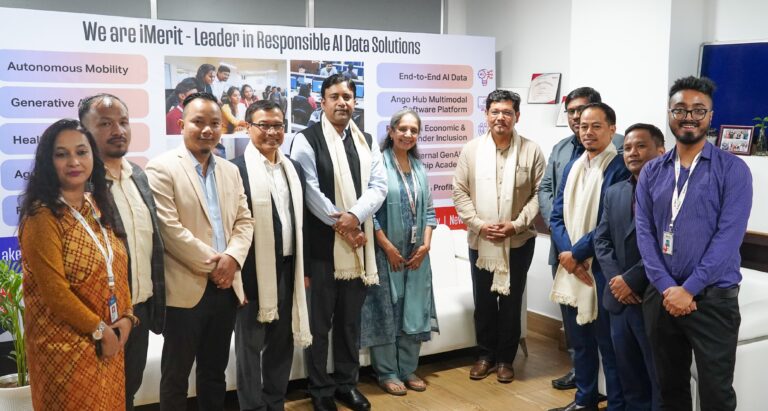
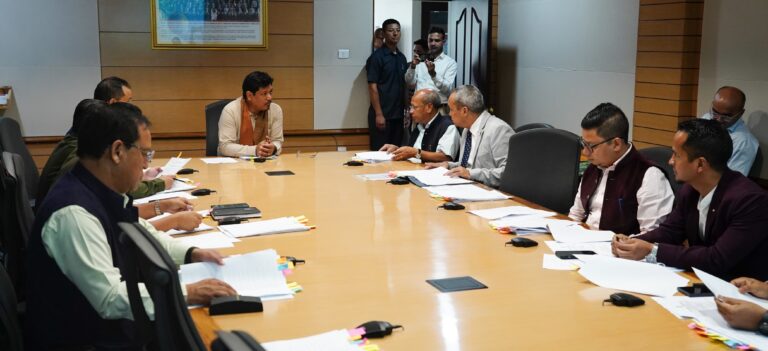
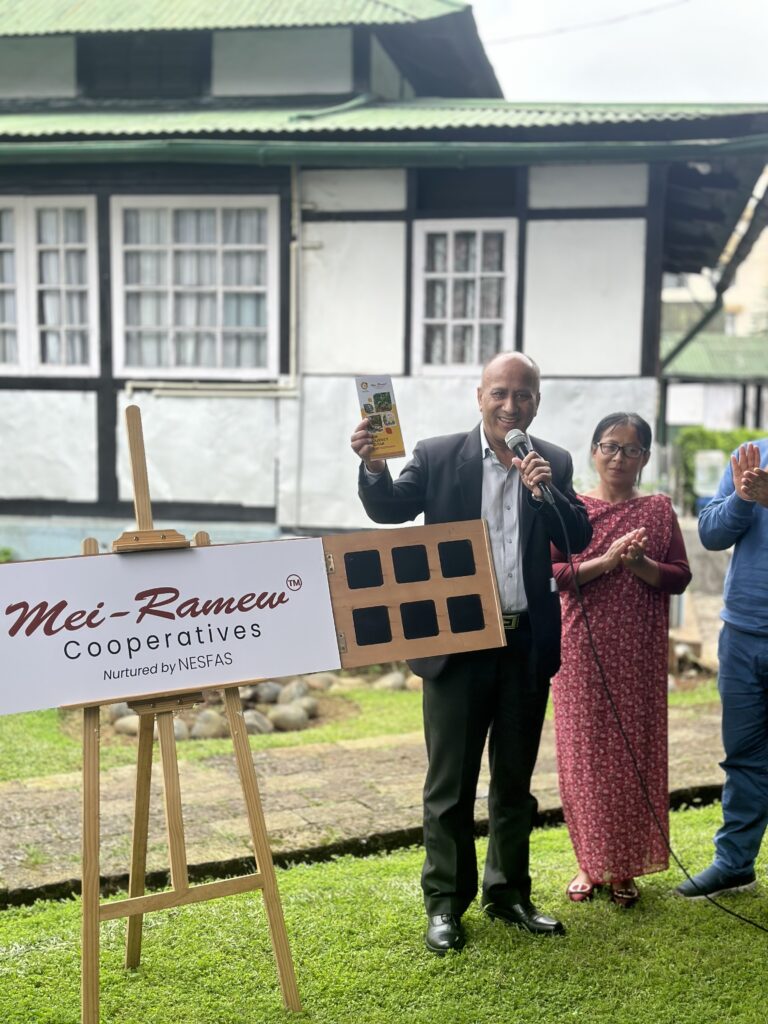
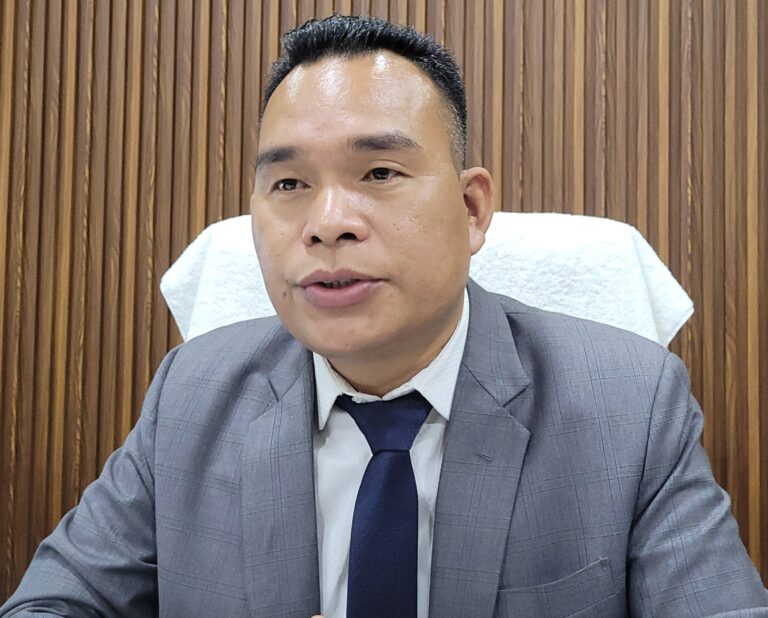
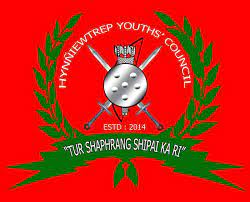


+ There are no comments
Add yours